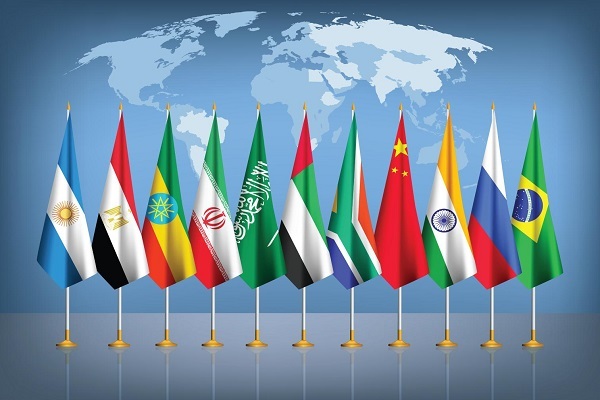
TABNAK, Sep, 27: Speaking in BRICS ministerial meeting in New York, Araqchi said, “The role of BRICS in the international scene must be expanded. Especially regarding economic issues, it needs to turn to be a new hub and this is the will of all members.”
In case of changing into a financial hub, all members can have financial and commercial interactions with no need to US financial system, he continued.
BRICS, originally composed of Brazil, Russia, India, China, and South Africa, is on the cusp of a new era, with significant expansion efforts underway.
BRICS currently represents approximately 46% of the world's population and accounts for 30% of global GDP. As an intergovernmental association, BRICS has no permanent headquarters or secretariat, yet its influence spans a wide range of sectors, including economic, cultural, scientific, and technical cooperation.
As BRICS continues to grow in both membership and influence, media cooperation will play an increasingly critical role in shaping global narratives. Through platforms like the BRICS media summit, member countries are working to strengthen their media infrastructure, develop new channels for collaboration, and ensure that their stories are heard on the global stage.
The Islamic Republic of Iran officially joined BRICS on January 1, 2024.
BRICS operates based on three pillars: political-security, economic-financial, and cultural-people-to-people.